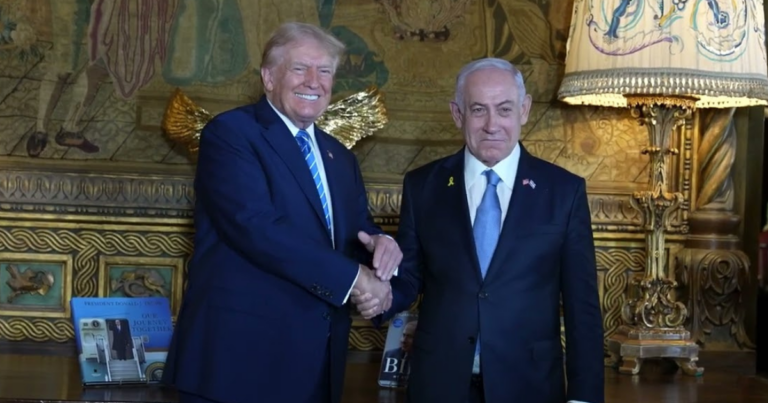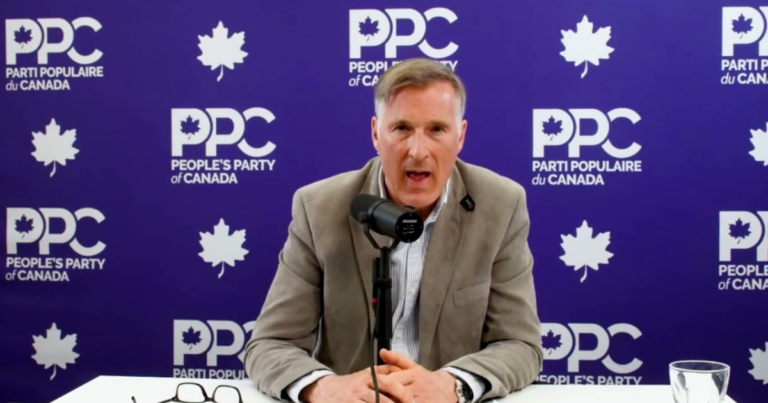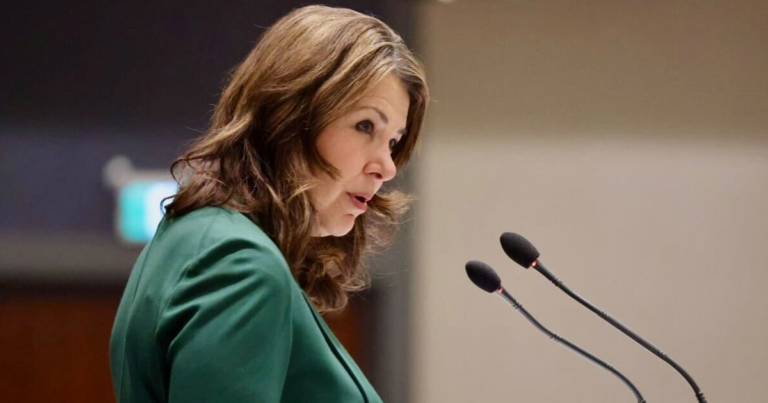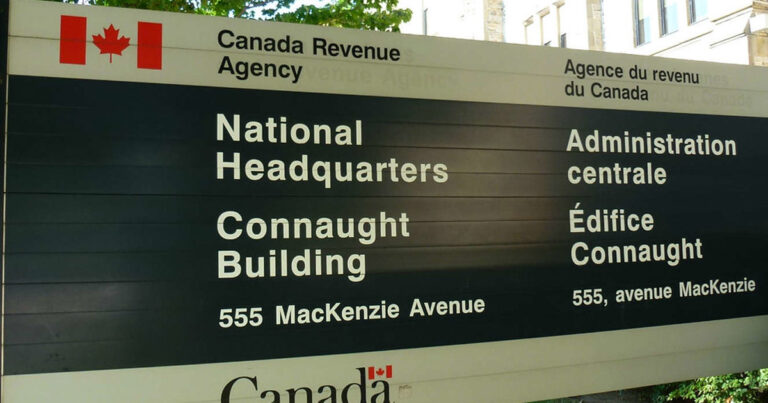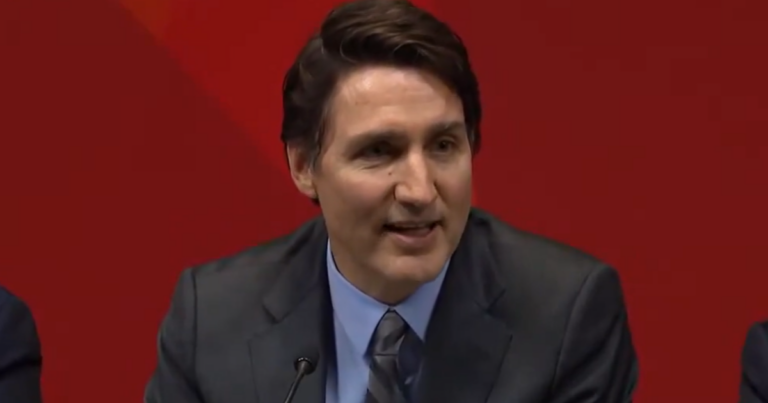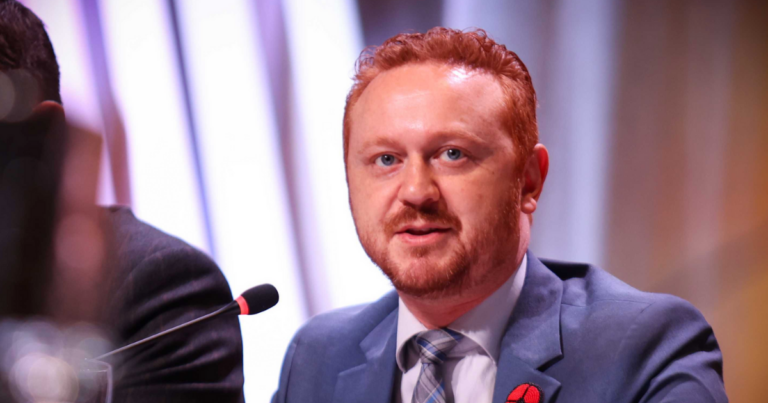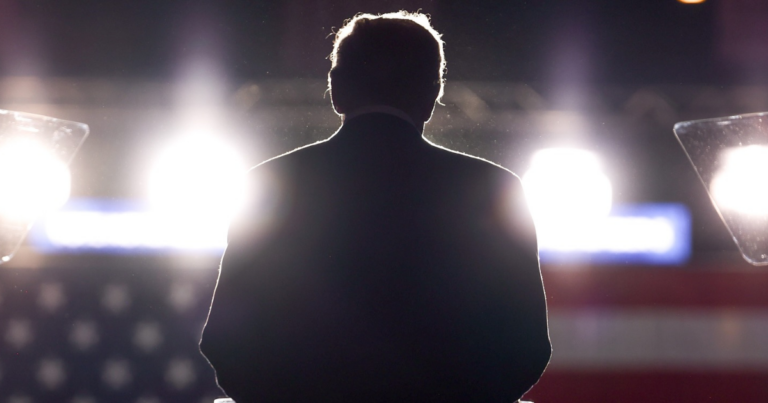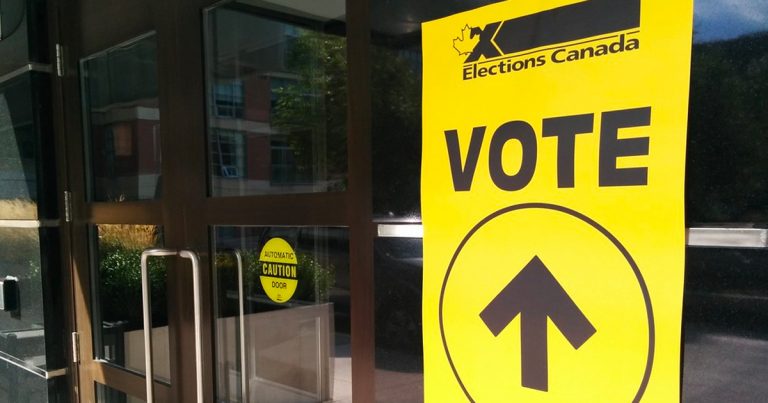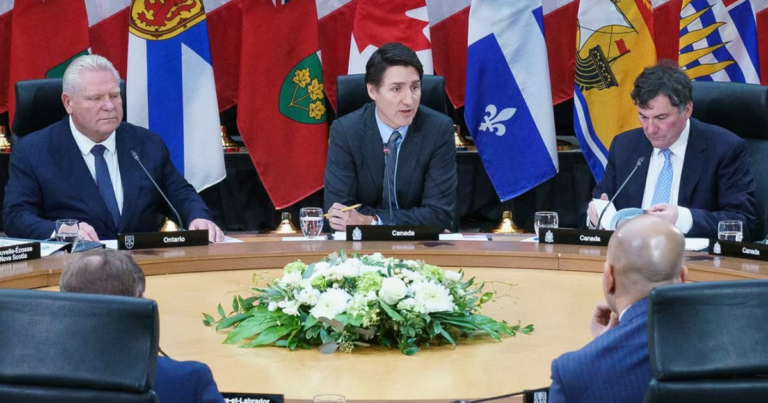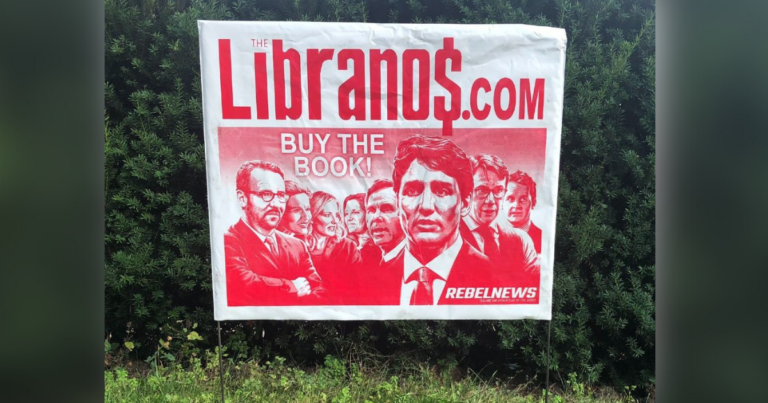Although I can’t vote in the United States, I supported Donald Trump because I felt he’d be the one to get a peace deal in the Mideast, especially given his past success with the Abraham Accords.
I knew only strong words and actions would move the needle on what has been a pathetically handled situation by most of the world’s very weak leaders, especially Joe Biden and our own Prime Minister Justin Trudeau.
So when Trump told Hamas on Jan. 7 that the hostages must be released by his inauguration on Jan. 20, I was thrilled.
I knew it was terribly naive to think that they’d be freed by next Monday. But at least someone was showing strength, compared to what we’ve seen in the past 465 days.
On Wednesday, my heart skipped a beat when word came out that a peace deal had been reached between Hamas and Israel.
It’s not just because a ceasefire, if it holds, will finally come to pass. But I hope that this will be the start of hitting back against the evil Iranian regime (instead of sending them money as Biden and Barack Obama did.)
I hope that this will be the start of renewed focus on the Abraham Accords, which Trump started before they were cast aside under Biden’s watch.
And perhaps the sickening and relentless antisemitism my community has come to endure in major Canadian and American cities will run out of steam.
It’s been a long, tortuous 465 days for all Jews in Israel and in the diaspora.
The newly inked deal will see the release of 33 hostages out of 94 still believed to be in Gaza, dead or alive and taken 465 days ago.
This will occur during what is called Phase 1 in return for a pause in the fighting and the release by Israel of hundreds of Palestinian prisoners.
There’s no doubt this is a deal with the devil and many are critical that it is only 33 hostages in exchange for hundreds of Palestinian prisoners.
It is tragic, as well, that hundreds of IDF soldiers were lost during the conflict.
But the deal had to be done.
Several issues have become clear over the past several months as the conflict dragged on.
The longer it continued, the more the world turned on Jews and Israel.
We’ve been excoriated not just by the Jew-haters and the Hamasniks. but the Red Cross, the corrupt UN and other alleged humanitarian organizations, leftist professors, doctors and lawyers.
The attacks have been relentless and vicious.
Hamas was very effective at making victims out of the Palestinians in Gaza, although many of them support the terrorist rule and in fact aided and abetted the atrocities of Oct. 7. They were adept at purporting that a genocide had occurred, even as the population of Gaza increased.
People are easily duped and antisemites, who wanted to believe the very worst about Jews, came out from under their rocks in droves.
Biden and the would-be president Kamala Harris made it abundantly clear they had little interest in fighting for the hostages, particularly the Americans, let alone protecting the Jewish state.
He in his enfeebled state was never able, since Oct. 7, to show strength. He flip flopped continuously, leaving Israel in the end to fight on its own.
At every turn Biden warned Israel to stop doing what they were doing, threatening to cut off their financial aid. For example, he told Israel not to go into Rafah. Imagine what would have happened if Israeli president Benjamin Netanyahu had listened.
Trudeau and his ministers weren’t much better, voting more than once to withhold arms to Israel.
Despite this, Israel’s forces fought brilliantly, bringing the Hamas leadership to its knees and masterminding the brilliant pager plot against Hezbollah forces last September.
That didn’t stop Biden from crowing shortly after the deal was announced that he deserved the credit.
He said he proposed the same deal last May.
But whether he did or not, he didn’t close it.
I believe it took the strong words of Trump and his Mideast envoy Steve Witkoff to get Netanyahu to trust that the U.S. has Israel’s back.
If this can be done before Trump is officially president, I’m equally interested in what happens next.
I hope and pray that Trump and his envoys keep a close eye on Iran and that the Abraham Accords are renegotiated.
I hope and pray that a strong signal is sent from the new administration that antisemitism won’t be tolerated on college campuses or on the streets of major cities.
Sadly, with the weak leaders at all levels in Canada – from Trudeau to Ontario Premier Doug Ford to Olivia Chow the mayor of Toronto – I suspect the violence and harassment on our city’s streets will not subside for some time, unless the terrorist sympathizers find themselves a new cause.
I’ve said this before but it bears repeating: For the past 465 days, our leaders have all let us down. They are shameless.
At least the new regime in Washington will have Israel’s back. That will make a world of difference.
